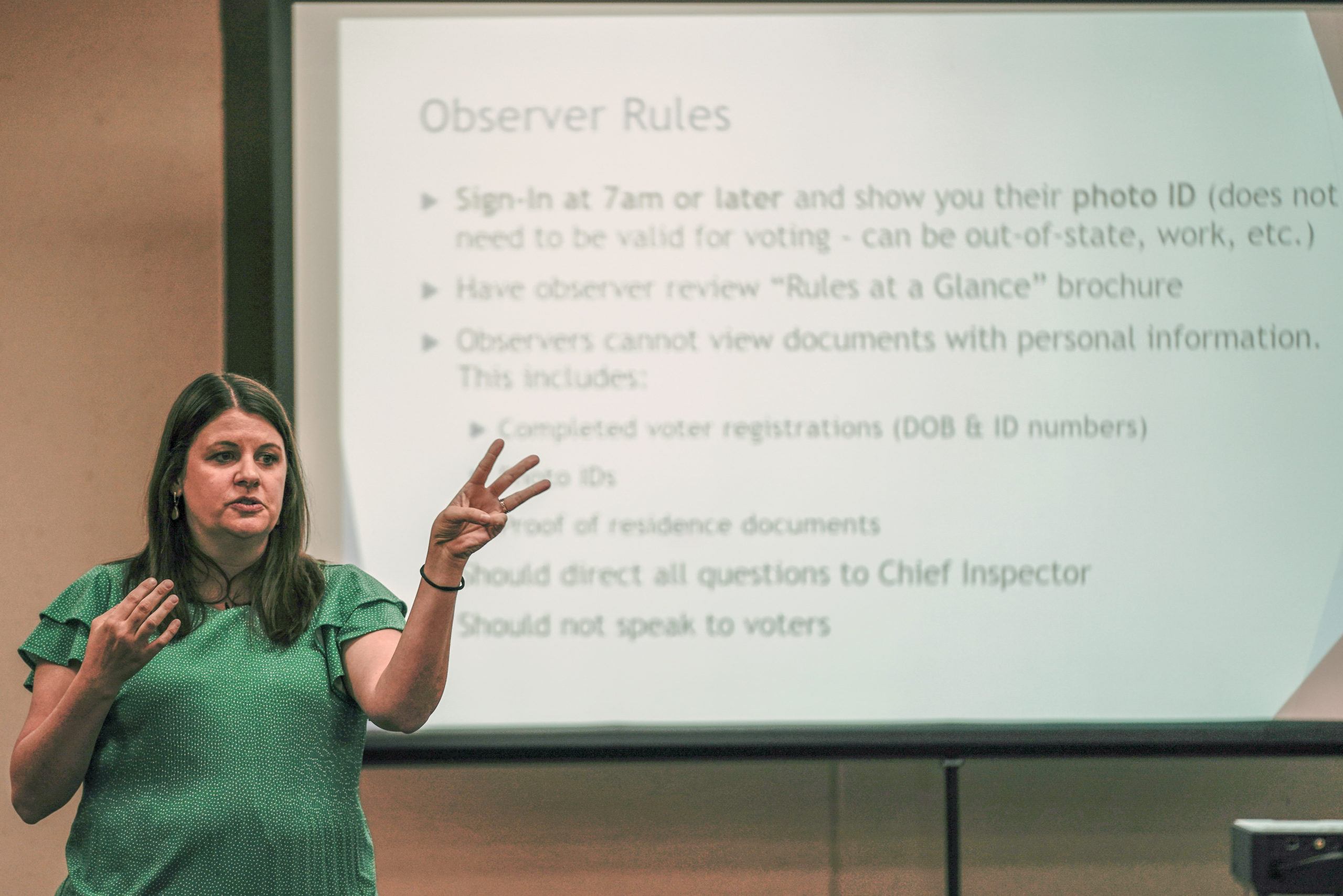Excusable Neglect Case Analysis
By: dmc-admin//April 5, 2006//
The decision is actually a significant extension of the Supreme Court’s decisions in Dugenske v. Dugenske, 80 Wis. 2d 64, 257 N.W.2d 865 (1977), and Hollingsworth v. American Fin. Corp., 86 Wis.2d 172, 271 N.W.2d 872 (1978) — the cases the court cites to support its holding.
The court of appeals states the holding in Hollingsworth as follows: “confusion in forwarding papers from one office to another due to a business reorganization not excusable neglect.”
It states the holding in Dugenske as, “lawyer’s misplacement of client’s files while relocating law offices not excusable neglect.”
However, what the Supreme Court in those cases actually held was that it was not an abuse of discretion on the part of the trial courts in holding that there was no excusable neglect. Dugenske, 257 N.W.2d at 869; Hollingsworth, 271 N.W.2d at 878.
Holding that it is not an abuse of discretion not to vacate a judgment is a far cry from holding that it is an abuse of discretion to do so.
In Dugenske, the court wrote, “the decision of a trial court [on a motion to vacate default judgment for excusable neglect] will not be reversed: ‘ “… unless it appears so clearly wrong as to evince an abuse of judicial power. That, manifestly, takes a pretty strong case.”’(cites omitted).” Dugenske, 257 N.W.2d at 868.
In the case at bar, in contrast, the court has reversed the trial court’s decision.
The court in Hollingsworth wrote, “A review of federal cases discloses that the courts have been reluctant to set aside an entry of default or a default judgment, where the claimed excusable neglect consists of confusion in forwarding papers from one office to another or in reorganizing a business.” Hollingsworth, 271 N.W.2d at 878.
However, the cases that the court in Hollingsworth cited do not say that it is an improper ground for vacation.
On the contrary, in Rasmussen v. W.E. Hutton & Co., 68 F.R.D. 231 (N.D.Ga.1975), the court did vacate the default judgment. Hutton apparently lost track of the paperwork when an office was vacated as part of a liquidation.
In Robinson v. Bantam Books, Inc., 49 F.R.D. 139 (S.D.N.Y.1970), the district court refused to vacate the judgment, but did so for two reasons. First, it found the defendant did not have a meritorious defense to the action, even if the action were reopened. Id., at 140-141.
Second, it found that the defendant did receive the complaint, but, “before the 20 day deadline expired, no person in any of the offices through which this summons and complaint passed was willing to take responsibility for the timely filing of the answer.” Id., at 142.
| |
||
|
Related Links Related Article |
||
| |
||
The third case cited in Hollingsworth — Nelson v. The Coleman Co., 41 F.R.D. 7 (S.C.1966) — did not even involve confusion in forwarding papers; the branch manager who received the summons and complaint simply did nothing with them at all until the deadline for filing an answer had passed. Id., at 10.
Thus, even if courts should be “reluctant” to vacate default judgments because a defendant lost paperwork during a move, Hollingsworth and Dugenske do not require reversal in the case at bar.
Instead, the cases provide a great deal of discretion to the trial court. And of the cases from other jurisdictions cited in Hollingsworth, the court in the case closest on point did vacate the judgment.
Accordingly, the case is a good candidate for review in the Supreme Court, and a good candidate for reversal, if the court grants review.
– David Ziemer
Click here for Main Story.
David Ziemer can be reached by email.
Legal News
- Money isn’t enough to smooth the path for Republican candidates hoping to retake the Senate
- Milwaukee election leader ousted 6 months before election in presidential swing state
- Former President Trump calls for arrest of special prosecutor Jack Smith
- Wisconsin judge dismisses lawsuit challenging state’s new wolf management plan
- Wisconsin Supreme Court issues opinion on Milwaukee Police officer fired over Facebook posts
- Gov. Evers Seeks applicants for Menominee County Register of Deeds
- Donald Trump calls Joe Biden weak on antisemitism, ignoring his own rhetoric
- Gov. Evers again calls Republican lawmakers into special meeting
- CIA is obstructing justice and witness tampering in Havana Syndrome cover up, attorney says
- Wisconsin Supreme Court will decide whether mobile voting sites are legal
- WisDOT honors Wisconsin State Patrol staff for going above and beyond to keep communities safe
- Milwaukee Men sentenced to Federal Prison for pharmacy robberies and firearms offenses
WLJ People
- Power 30 Personal Injury Attorneys – Russell Nicolet
- Power 30 Personal Injury Attorneys – Benjamin Nicolet
- Power 30 Personal Injury Attorneys – Dustin T. Woehl
- Power 30 Personal Injury Attorneys – Katherine Metzger
- Power 30 Personal Injury Attorneys – Joseph Ryan
- Power 30 Personal Injury Attorneys – James M. Ryan
- Power 30 Personal Injury Attorneys – Dana Wachs
- Power 30 Personal Injury Attorneys – Mark L. Thomsen
- Power 30 Personal Injury Attorneys – Matthew Lein
- Power 30 Personal Injury Attorneys – Jeffrey A. Pitman
- Power 30 Personal Injury Attorneys – William Pemberton
- Power 30 Personal Injury Attorneys – Howard S. Sicula











